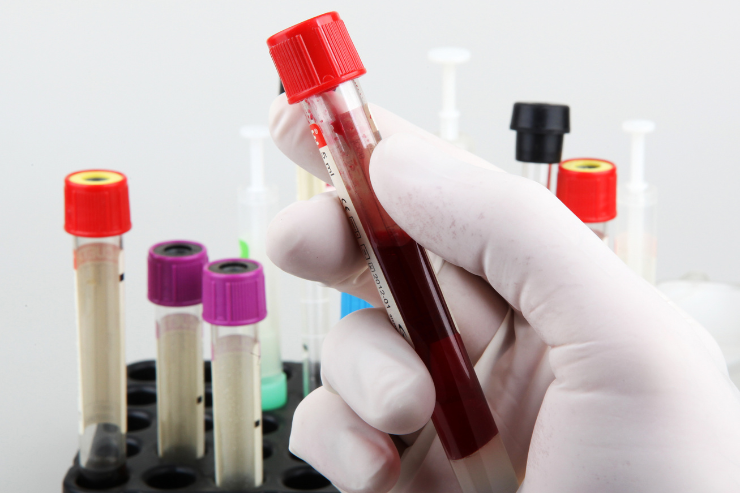Description
A Peripheral Blood Film (PBF) test is a laboratory procedure that involves examining a smear of blood under a microscope to evaluate the appearance, size, shape, and number of blood cells. It is used to diagnose a variety of blood disorders, infections, and diseases affecting the blood cells.
How the Test is Done?
A small sample of blood is taken, usually from a vein in the arm, and spread thinly onto a glass slide to create a “blood smear.” The slide is then stained and examined under a microscope by a pathologist to assess the characteristics of red blood cells, white blood cells, and platelets.
Preparation Required
No special preparation is generally needed for a PBF test. However, your healthcare provider might advise you to avoid certain medications that can affect blood composition before the test.
Significance of the Results
PBF test results provide detailed information about blood cells and help diagnose conditions such as anemia, infections, leukemias, lymphomas, and other blood-related disorders. Abnormalities in the size, shape, or number of blood cells can indicate underlying health issues that require further investigation and treatment.








